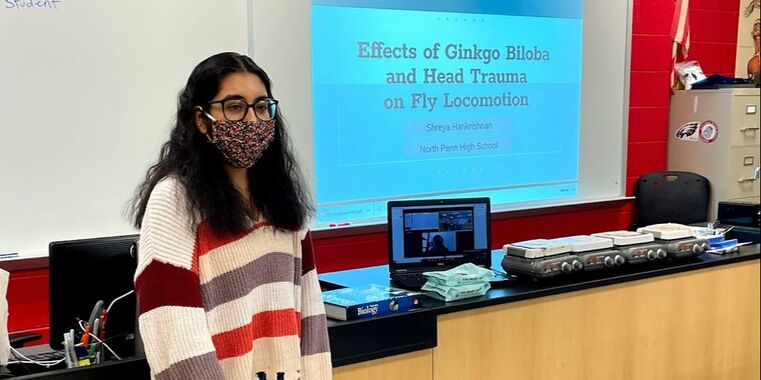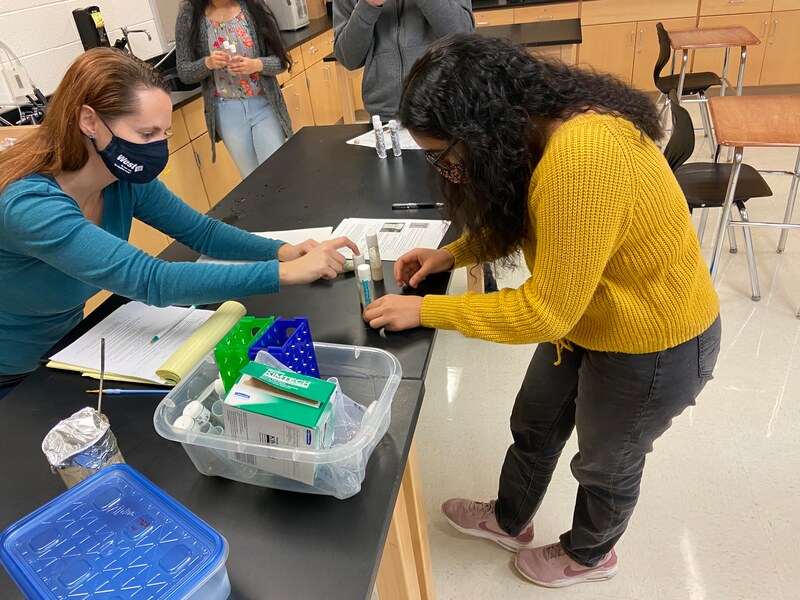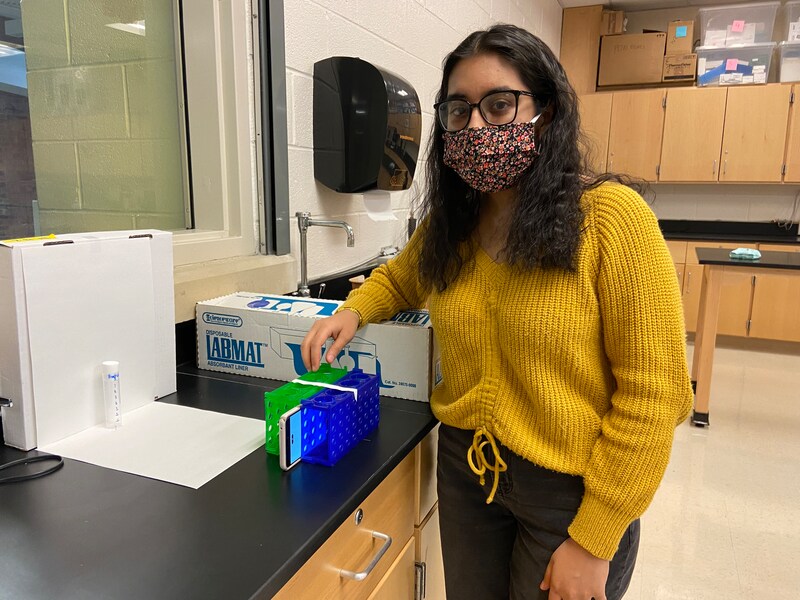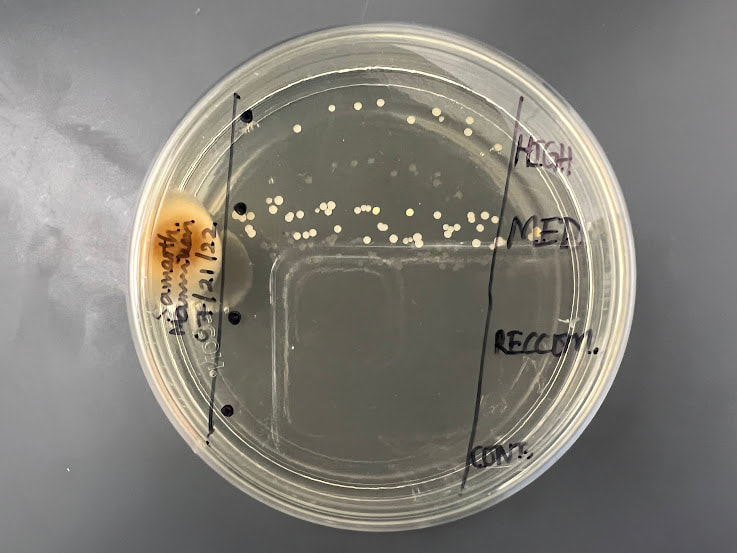 Welcome back! I can’t believe how much time has passed so far. The past 7 weeks have been very eye opening in terms of learning to conduct various experiments and really getting the sense of the true lab experience. Despite the distance, I have really gotten to know all of my peers very well and truly have found an amazing family at TRIP with which we all share a common interest in science. I have also learned and developed so many experimental and presentation skills that will definitely be beneficial to me in the future from the preliminary assay that I completed on the effects of ginkgo biloba and head trauma on fruit fly locomotion. As I have mentioned before, I am very interested in Neuroscience so I was able to make a deeper connection to this assay especially after discovering that ginkgo biloba stimulates brain function. I hypothesized that ginkgo biloba will enhance the flies' activity. After learning to make fly food, sorting many, many flies, creating drug vials, and recording and analyzing developmental data, I conducted the Negative Geotaxis Assay to determine how active the flies were after being placed in their different conditions. This assay measures fly activity and locomotion and the activity was measured based on how many flies were found in a particular region. If flies were found in the 0-4 region, they were determined to be inactive and if flies were found in the 4-8 region, they were determined to be active. Overall, this entire experience was extremely intriguing and taught me many lessons to keep in mind for the future. Regarding my independent project, I decided to delve deeper into how classical music will affect adult fruit fly memory after a traumatic brain injury. Being a musician, classical music has been a huge part of my life. Through personal experiences and research, classical music has been proven to stimulate brain activity. Focusing on neurological disorders/brain impairments, I wanted to find out if music can really stimulate memory and brain activity in an impaired brain and see if this can be related to how music could be used as a therapy to rejuvenate the deactivated senses. I think it would be very intriguing to explore this topic and see how the results expressed by the flies could relate to similar conditions in humans. What’s even more exciting is that I will be performing a unique memory assay, called the Proboscis Extension Reflex (PER) Assay, which has never been tested before in the history of TRIP. While it's a little nerve-wracking, I am very excited to take on this new endeavor and see where it leads me. I can’t wait to further challenge myself and see what results come out of this experience! I’ll check back with you all soon!
0 Comments
Your comment will be posted after it is approved.
Leave a Reply. |
Archives
April 2024
Categories
All
|



 RSS Feed
RSS Feed